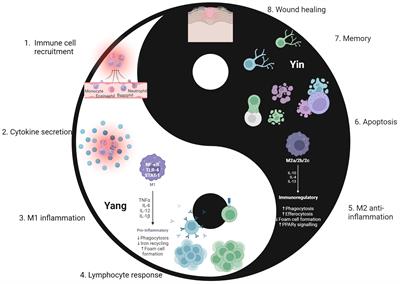CASE REPORT
Published on 06 Jan 2025
Case Report: Therapeutic Use of Bortezomib in a Patient With Schnitzler Syndrome
doi 10.3389/fimmu.2025.1520470
486
Total downloads
2,299
Total views and downloads
You will be redirected to our submission process.
CASE REPORT
Published on 06 Jan 2025
ORIGINAL RESEARCH
Published on 30 Oct 2024

REVIEW
Published on 10 Sep 2024


Manuscripts can be submitted to this Research Topic via the main journal or any other participating journal.
You will be redirected to our submission process.